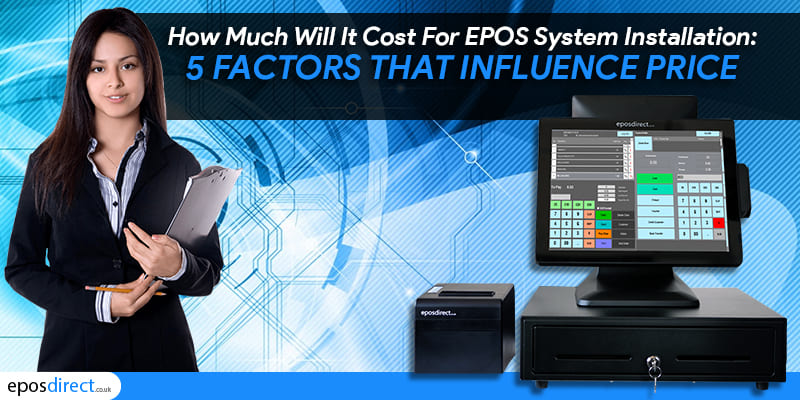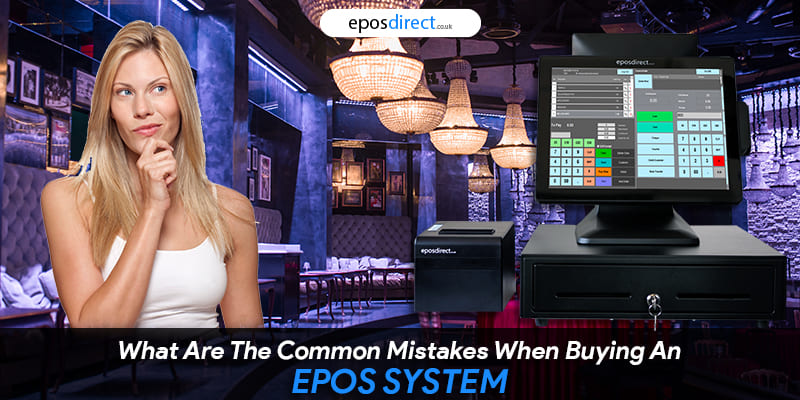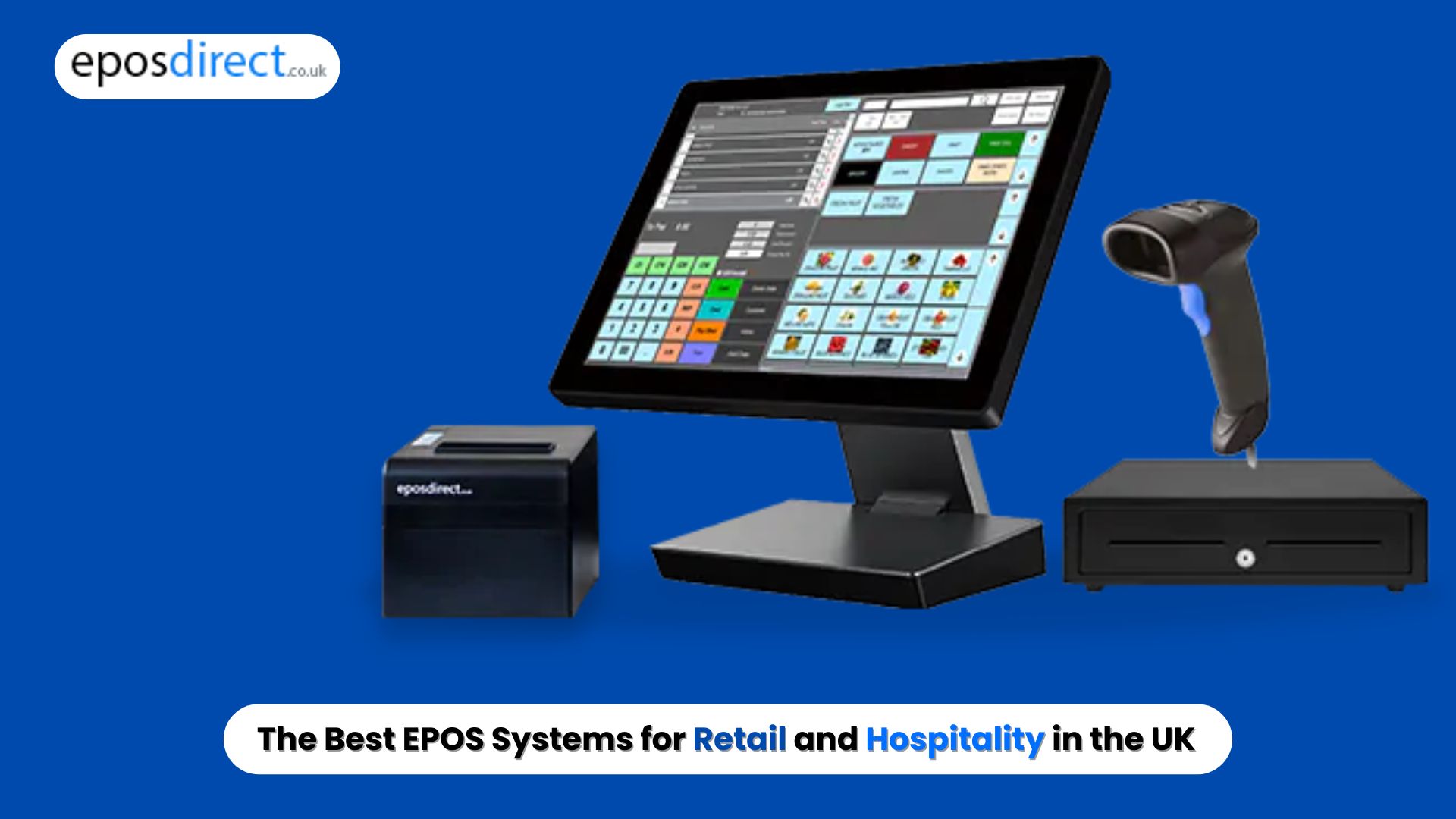We use cookies to make your experience better.
To comply with the new e-Privacy directive, you agree to the privacy policy and our use of cookies
How Much Will It Cost For EPOS System Installation: 5 Factors that Influence Price

How much does it cost to install an electronic point of sale (EPOS) system?
It's a question we always get, and the answer may surprise you.
If you're trying to grow a small retail business, you probably don't have the money and resources in the world to invest in an expensive epos system.
Plus, finding the best retail epos system for your growing small business is easier said than done, especially if you're not sure which features to prioritize in your search.
So what's the good news? Finding the right epos system for your business is as easy as 1-2-3 and installing an EPOS system is quite affordable!
How much does it cost to install an EPOS system?
It depends and varies by EPOS type and vendor. There are two types of costs to consider when installing an EPOS system: time costs and financial costs. The biggest delays occur when the EPOS system is not preconfigured for your unique business. In this case, it may take you a long time to align the system with your sales processes.
In addition, if your inventory management, employee payroll, and other tools are integrated into separate programs, you may need to spend time integrating and combining these systems, which will increase the cost of setting up the point of sale. Finally, if the vendor doesn't provide software manuals or online tutorials, you can spend some time learning about features and functions yourself. Without these helpful resources, it will take you a long time to learn the system. Not that anybody has time for that!
These time-related costs are directly related to financial costs. Instead of spending time installing the EPOS system yourself, you can spend that time making sales!
Here are some other factors that affect the cost of installing an EPOS system.
Number of Stations
If your EPOS system isn't preconfigured for you to "plug and play", you will likely need an on-site technician to install your EPOS. Usually, the total number of stations affects the total cost of installation. The more stations you have, the longer it will take for a technician to install them and the higher your installation costs will be.
- Software/Hardware
It is another downfall of not buying a pre-configured all-in-one retail EPOS system. Some software and hardware incur additional installation costs because they require more time for your on-site technician.
These costs can also be considered based on the type of EPOS system you purchase: on-premises, cloud-based, or hybrid.
On-site EPOS systems are often the most effort to install, which means higher financial costs. Hybrid and cloud-based EPOS systems are easier to install, but the installation time depends on whether the software and hardware are preconfigured.
- Advanced Features
Many of the advanced features of an EPOS system may require additional time and cost for a technician to install.
- iPads or other mobile devices that employees can use to serve customers
- Handheld scanners for inventory
- Payment hardware and their respective security systems or software
- Migration of data or products from your old EPOS system
- Number of users
Some EPOS vendors price their systems based on the number of users. It can also affect installation costs. If you need an on-site technician and/or you don't have access to the instructions for adding users to the system, the technician will likely have to do it for you. Again, this means spending more time installing your EPOS system, which increases the total cost of the installation.
- Training
Some EPOS vendors will include EPOS system training in the cost of installation. It will require an investment of time from key stakeholders, including management and employees.
Some EPOS providers will also charge you for additional training in addition to the initial training session. If they don't have online training resources, it means that every new employee will have to be trained by the supplier (it will cost you money) or by you or another employee (it will cost you time).







